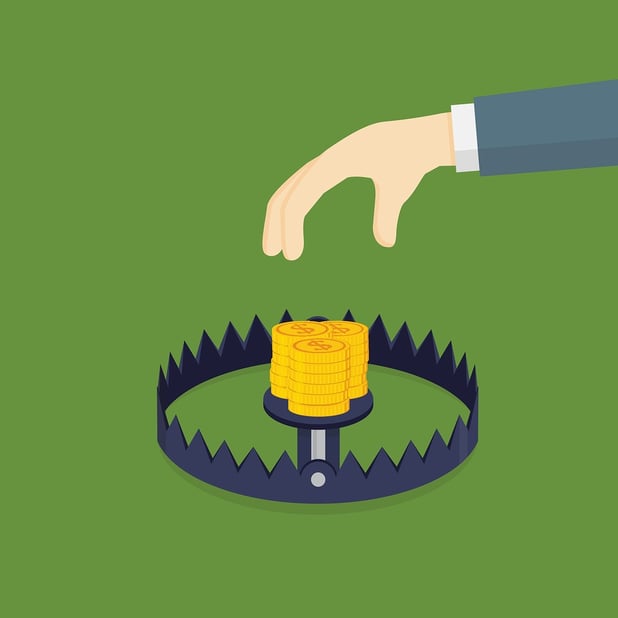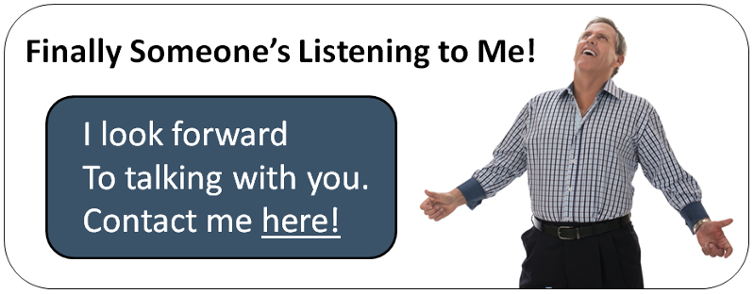 How much number
How much number
-
Speed1x
-
Quality720p
Hi! We're Wistia. We provide business video hosting to attract, engage, and delight

Thanks for reporting a problem. We'll attach technical data about this session to help us figure out the issue. Which of these best describes the problem?
Any other details or context?
Small Business calling trap one: Loans.
1. You're selling small business loans from $15,000 to $150,000.
Things to watch out for: When offering tiny business loans, you'll be coming in contact with companies advertising their cell phone as a company number on the web. This can be a trap. After the wireless law change October 16'th, 2013, the FCC no longer cares who owns that cell phone - business or consumer - and it's subject to the more restrictive wireless laws. The Government now says, "Just because a company offers up its cell phone on the web doesn't mean it loses its rights under the Telephone Consumer Protection Act." This has been devastating to loan companies making business only calls.
Compound the danger when making robocalls. Again, these business cells shouldn't be called with an auto dialer without express written consent. Also, you're not calling the prospect about their product. They're selling pizzas. You're offering to finance. Again, another potential TCPA violation.
Business Calling trap two: Selling related services.
2. You're calling cleaning businesses that cater to office buildings. You're selling cleaning supplies for their business.
Things to watch out for: This is a business to business call, so it's going to be safer than contacting consumers. You're selling add-on supplies they need for their business, so they're probably less likely to complain. They need this stuff anyway. Try to make calls by hand with live operators to avoid the robocall rules. Also, scrub for cells as a matter of course. Whether you call them or not, it's the first question the Government and Attorneys will ask, "Where are the cell updates?" And think about registering for the National Do-Not-Call List. Partnering with a third party here will allow you to identify four number categories: Landlines, landlines on the National and State DNC lists, cell numbers, and cell numbers on the National and State DNC Lists. You might not want to call a B2B company's cell on the National and State DNC list. Could be a potential trap.
Business to Business calling trap three: Leads from other companies.
3. You get B2B leads from other companies and pass them to your clients.
Things to watch out for: "Where exactly did that lead come from anyway..." is the top challenge for TCPA defense Attorneys today. And business to business call participants up and down the supply chain have been sloppy with the exact source of their leads, how many times that lead has been sold, if it has the correct wording required by the TCPA: This is not a condition of any sale and we will be calling you via live operator, auto-dialer, pre-recorded messaging and/or text.
The trap: Your client is being sued and wants to sue you (for giving him the lead) - and you want to
B2B Calling trap four: You're almost a big company.
4. Your not a huge company - but big enough to be a juicy TCPA target.
Things to watch out for: You're a target by having alot of money, excellent reputation and doing good. You grew your company by being aggressive when reaching out. The trap for you is being caught in legislation designed to find the true scammers. The problem is: we can't catch the actual scammers. Those calls get routed all over the world and are invisible. So the Government, especially predatory TCPA Attorneys, settle for you.
Your main challenge: These call prohibition laws are so hopelessly in favor of the cell phone owner or call recipient it's a bit ridiculous. You realize that the phone owner can lie, cheat and steal and it's perfectly O.K. But you get caught in one tiny slight, and you're classified as a criminal. Look no further than your reassigned number challenges, express written consents when calling cells, problematic lead source verifications and click to call associates using ATDS or manual dialing procedures - and you get the message.
Business to Business calling trap 5: Your calls are safe - you believe the lie.
5. As Eric Allen, top TCPA Defense Attorney says, "99% of my B2B clients still think they are exempt from the TCPA."
Things to watch out for: Your own ignorance: "We've always done it this way. We're a business calling other businesses. We're not subject to the call prohibition rules." Things quietly changed for B2B's on October 16'th 2013 when cell ownership became consumer agnostic. Now, former B2C predatory Attorneys are merrily frying up unaware B2B companies - much easier prey. It's the fastest growing section of the TCPA money machine, especially class actions.
The trap: B2B lead lists are now littered with cell phones from Linkedin, Twitter, and Facebook - poisoning lists previously O.K. to call.
For more information on effective, cost efficient call protection for your business, call my direct line at 561-317-3001 or email me here - Bob
Note: These opinions are for entertainment purposes only. They will contain speculation and inaccuracies. The TCPA and other call laws, both National and State, are constantly changing. Judges interpretations are varied and reversed on numerous occasions. Consult your competent Attorney before making any decisions regarding the TCPA or Do-Not-Call laws.
Related Articles:







